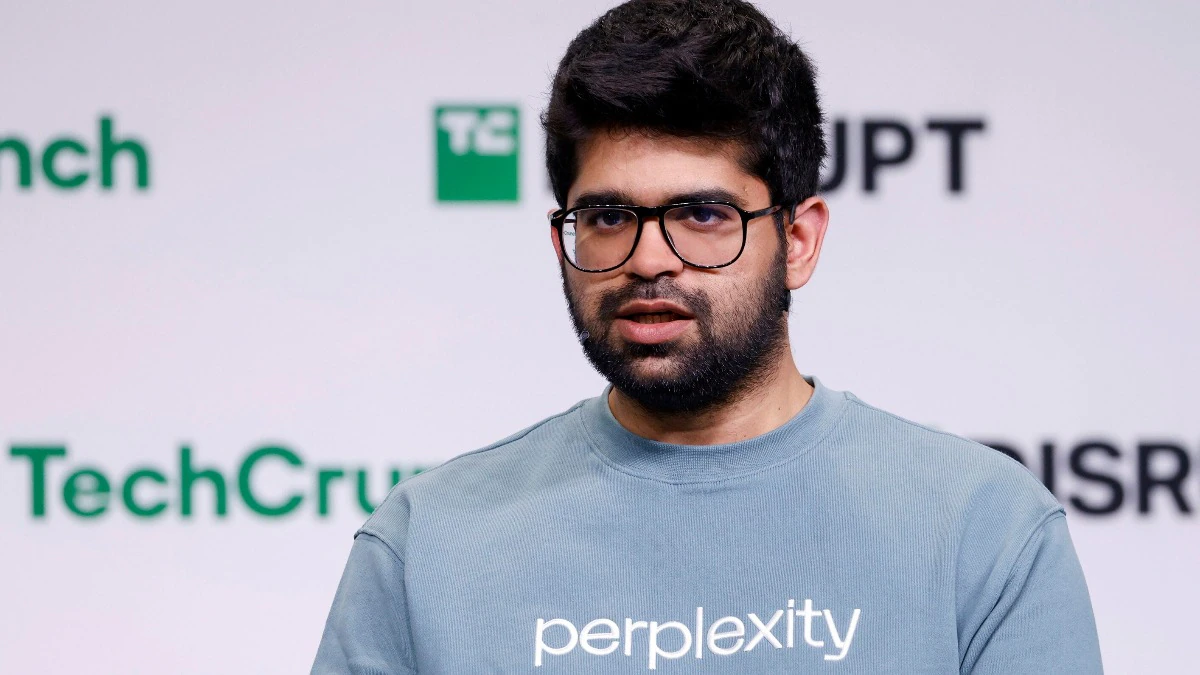As the AI race heats up globally, a significant partnership between chip leader Nvidia and AI-powered search engine Perplexity is set to reshape how Europe accesses, builds, and deploys artificial intelligence. The collaboration focuses on developing localized, sovereign AI models, marking a major step forward in creating language- and culture-aware systems tailored for the European Union.
This move goes beyond technical alignment, it reflects a broader trend in AI: regionally grounded innovation, where the models aren’t just trained on global data, but also reflect local language, regulation, and societal nuance.
First reported by The Wall Street Journal, the partnership is already engaging multiple European partners and institutions, including those in France, Slovenia, and Slovakia.
A Shift Toward “Sovereign AI”
Nvidia has long championed the concept of “sovereign AI”, a term CEO Jensen Huang uses to describe a country’s direct investment in building its own AI capabilities, infrastructure, and models, rather than depending on external, monolithic platforms.

Image source: Business Today
With this collaboration, Nvidia will help European developers train and deploy open-source language models hosted on DGX Cloud Lepton, a regional AI compute infrastructure. These models will then be integrated into Perplexity’s AI search experience, giving users results in any of the 24 official EU languages, powered by AI that understands linguistic nuance and cultural context.
What It Means for Perplexity
For Perplexity AI, this partnership is a major scale enabler.
Perplexity’s core product, a conversational search engine that returns direct, citation-rich answers, already uses a model-agnostic approach. Instead of relying on one large language model, Perplexity integrates outputs from multiple models, aiming for accuracy, speed, and relevance.
By collaborating with Nvidia and accessing localized models, Perplexity gains a competitive edge in regions where AI regulation, data privacy, and user expectations differ significantly from the U.S. or Asia. In markets like the EU, where data sovereignty and compliance are critical, offering local model options could become a clear market differentiator.
Aravind Srinivas, Perplexity’s CEO, recently stated that the goal is to make AI “customizable to users’ needs and cultural preferences” a vision well aligned with the goals of sovereign AI development.
Benefits for the European Ecosystem
Europe’s AI sector has often lagged behind in infrastructure access and model readiness compared to the U.S. and China. This partnership addresses that gap in three core ways:
- Localized Infrastructure: DGX Cloud Lepton ensures that AI workloads run within European borders, crucial for GDPR compliance and data sovereignty concerns.
- Language-Specific Models: By working with institutions in Slovenia and Slovakia, and partners like H Company in France, Nvidia is helping to create models that support regional dialects and language-specific use cases.
- Accessible Search and AI Tools: Through Perplexity, users will soon have the ability to search and interact with AI tools in their native languages, across industries like education, healthcare, legal, and government.
This could unlock new use cases for European startups, researchers, and enterprises looking to build AI applications without relying on foreign APIs or pre-trained global models that lack local relevance.
What to Watch Next?
This partnership is still early in rollout, but several signals are worth tracking:
- Perplexity’s funding trajectory, as it reportedly nears a $500 million round at a $14 billion valuation
- Perplexity’s European usage growth post-integration of sovereign models
- Adoption of DGX Cloud Lepton by EU-based universities and AI research labs
- Commercial adoption of localized models in government, enterprise, and health sectors
Final Thoughts
The collaboration between Nvidia and Perplexity marks more than a technology partnership—it’s a step toward redefining how AI is localized, governed, and distributed. As Europe pushes for greater autonomy in AI, efforts like these will help balance innovation with sovereignty, without compromising on performance or accessibility.
Credit: Original report published by The Wall Street Journal
